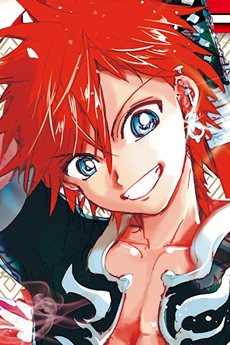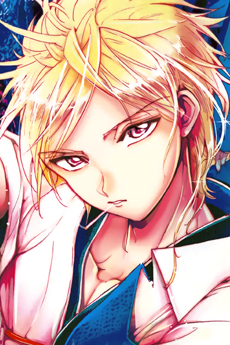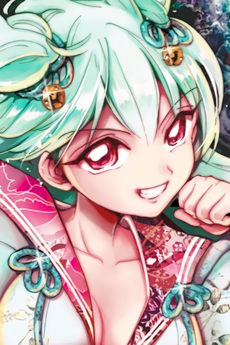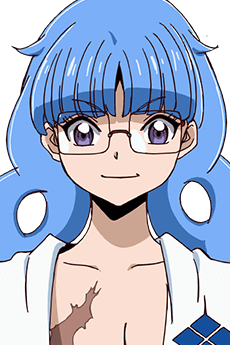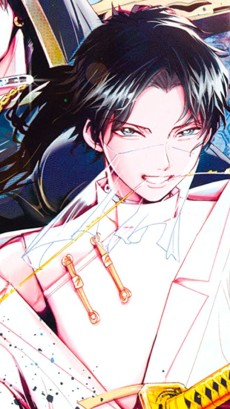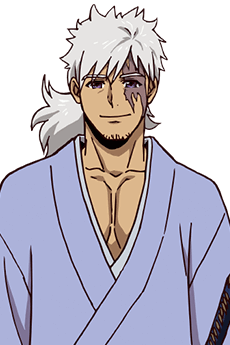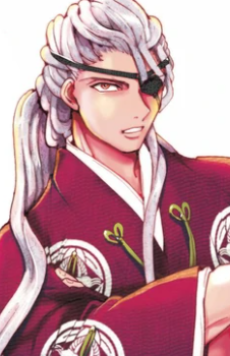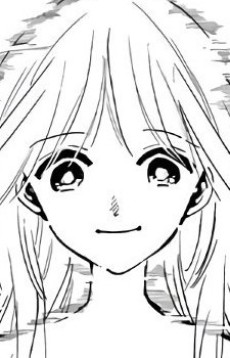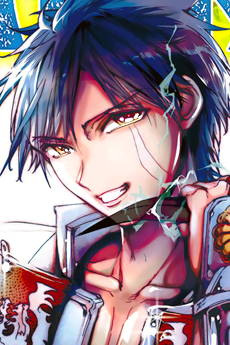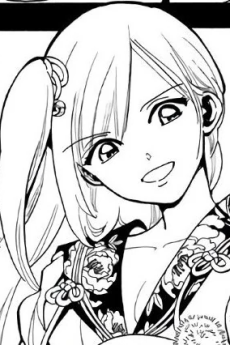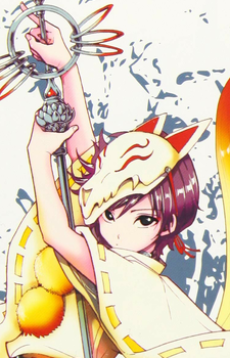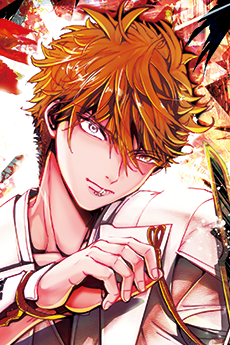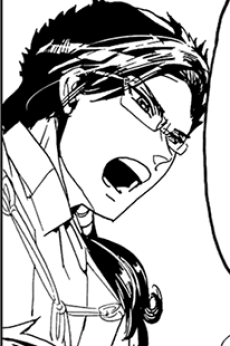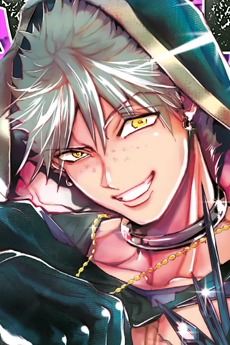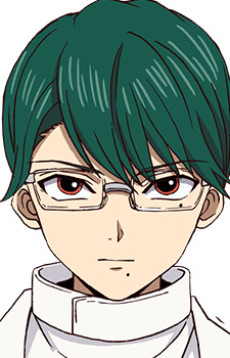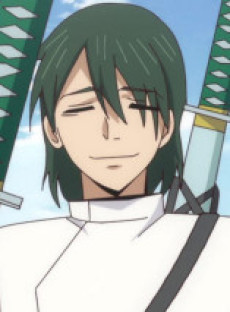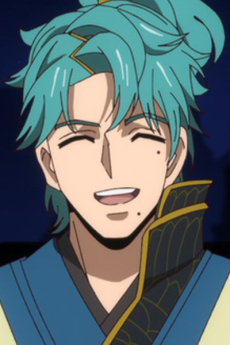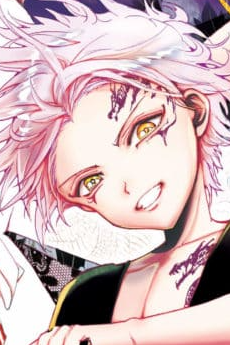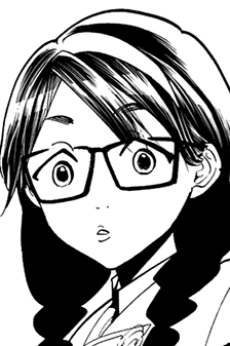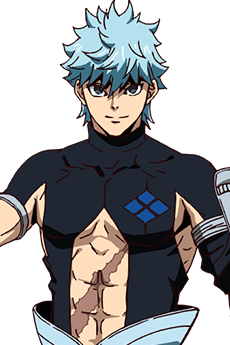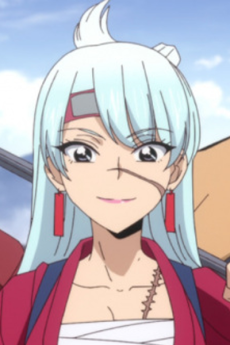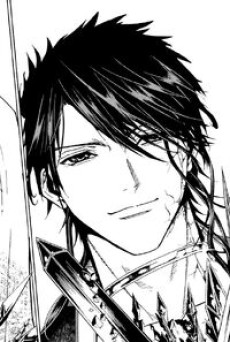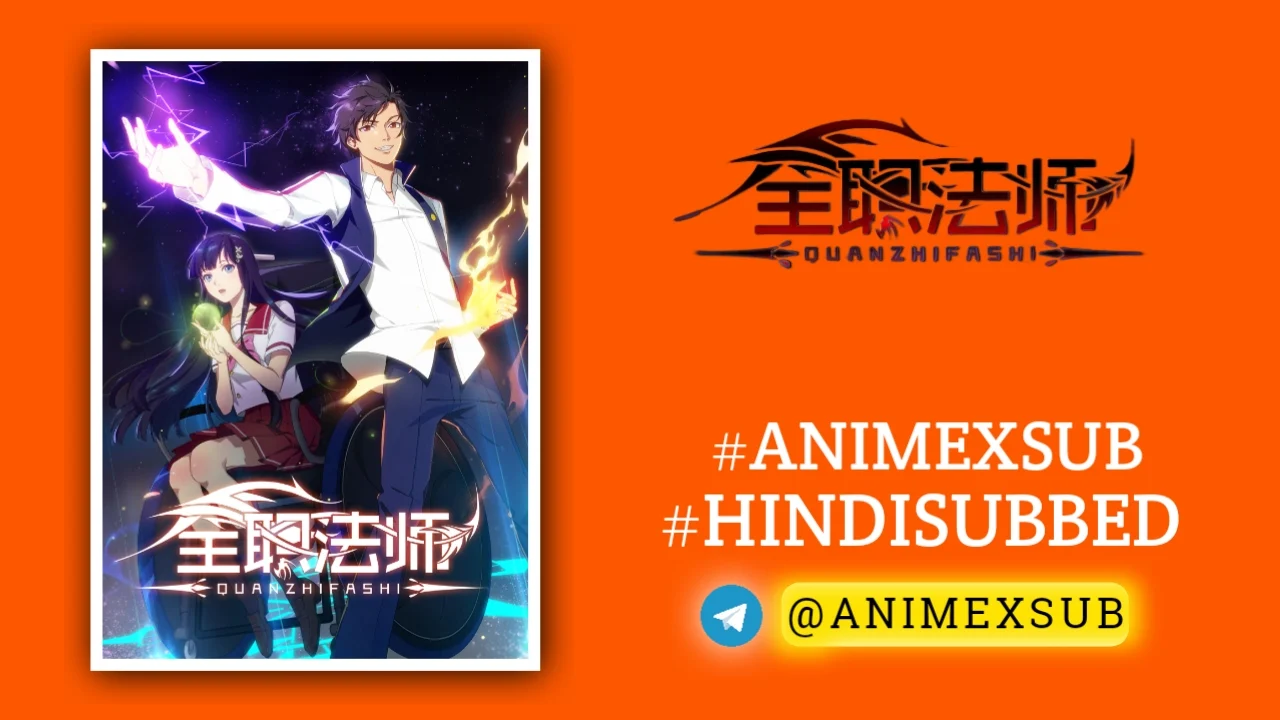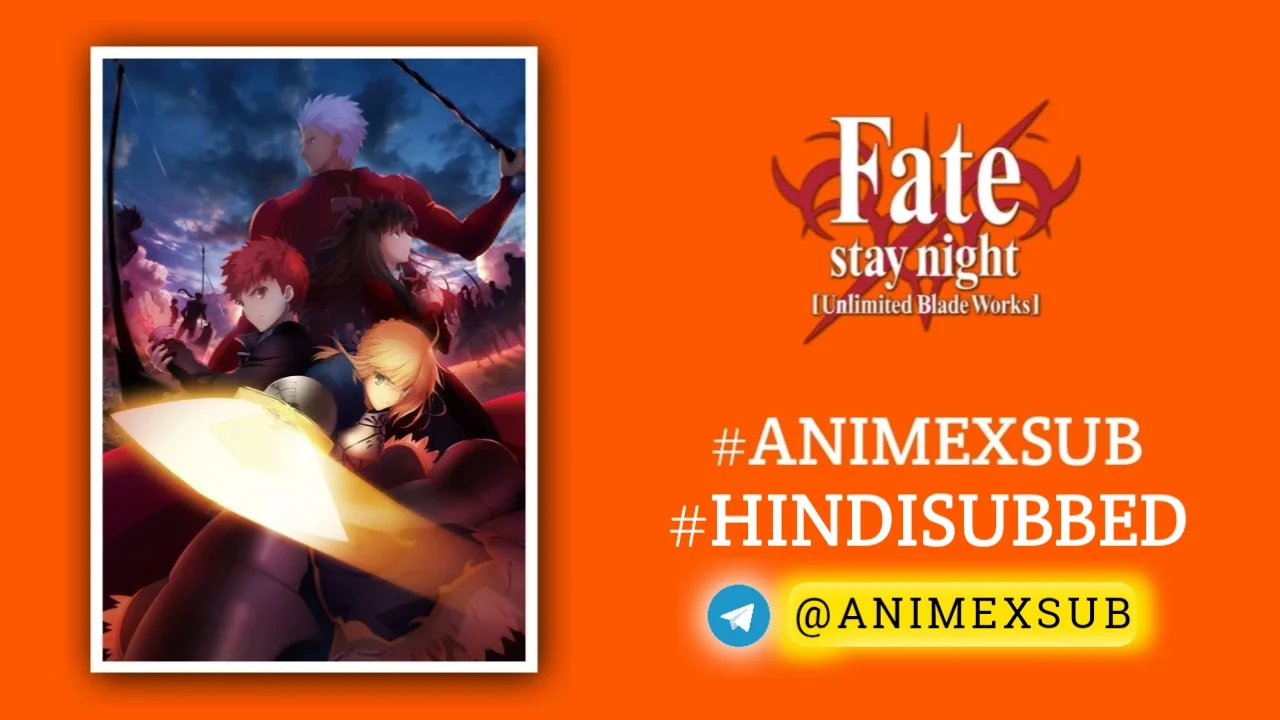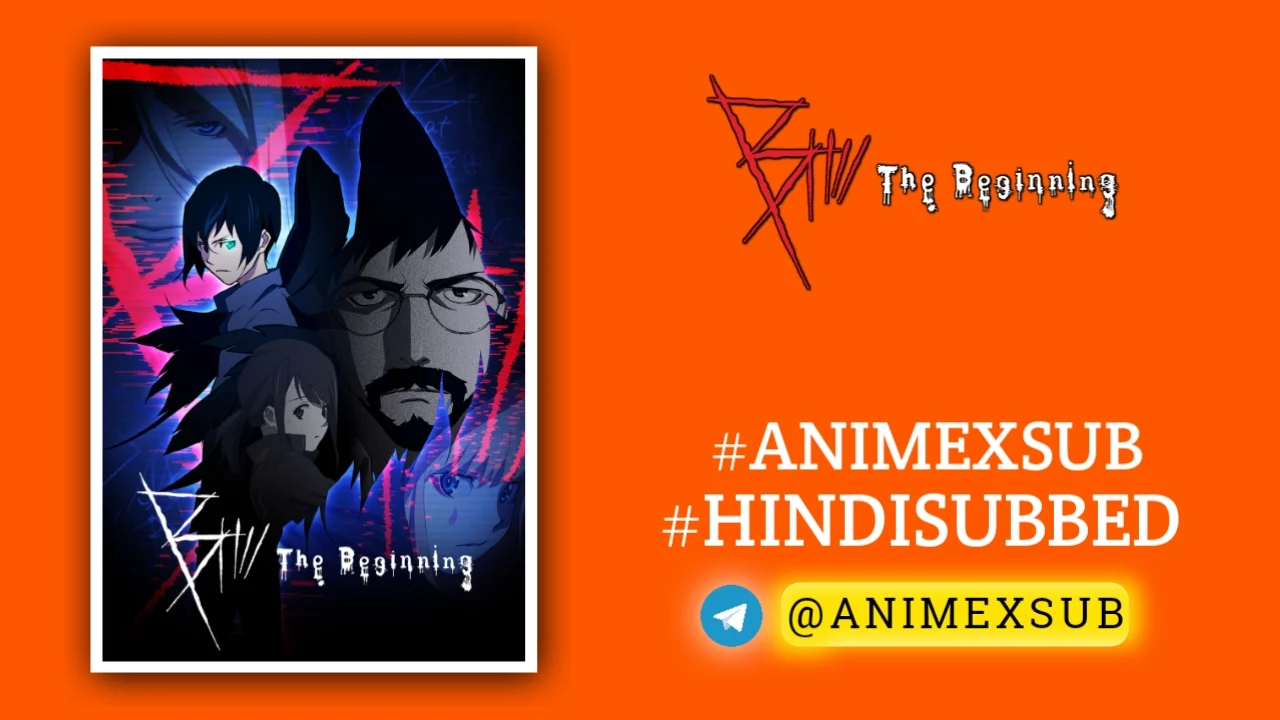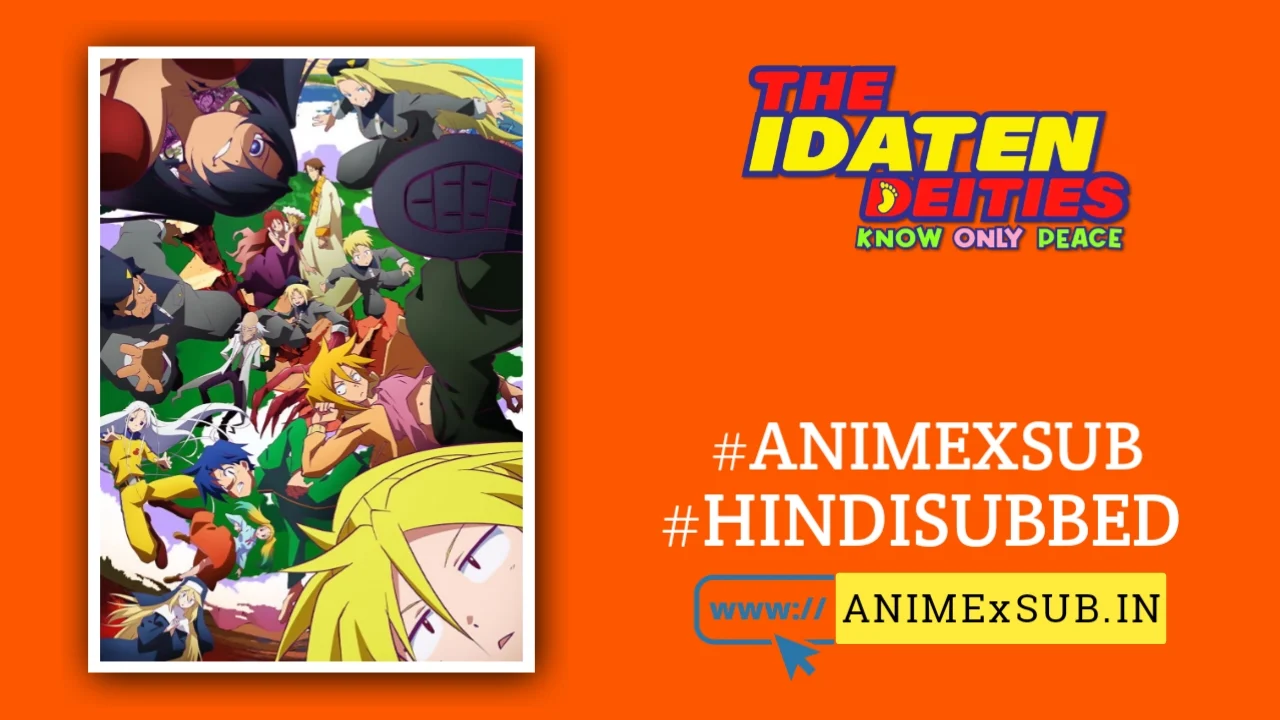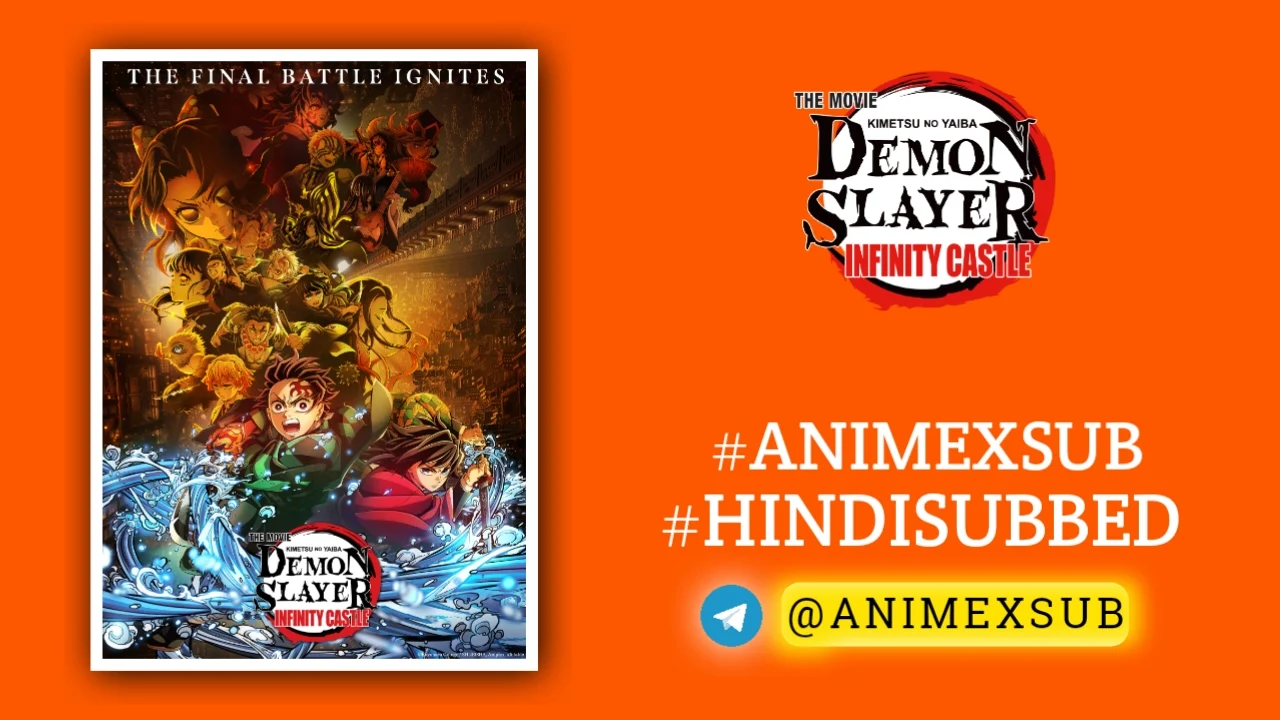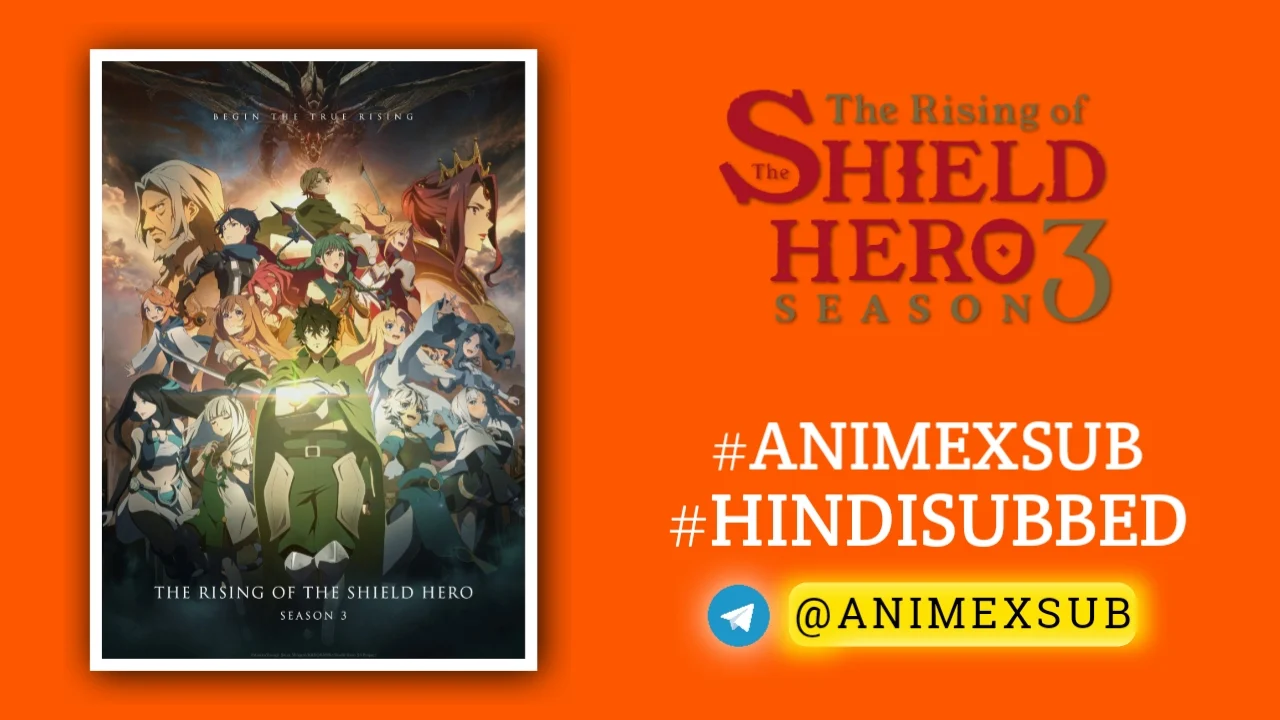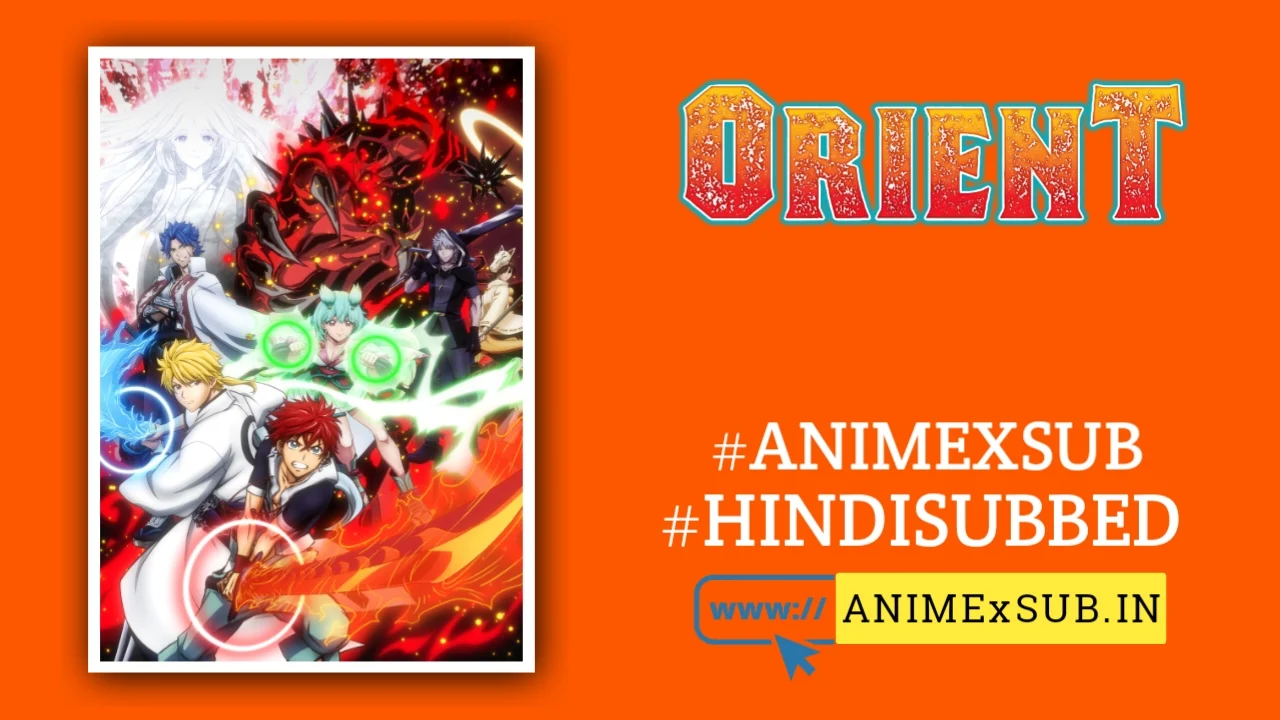
Orient Season 1 Hindi Subbed [24/24] | Orient Hindi Sub
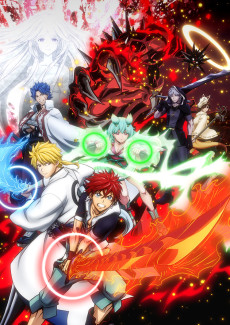
ORIENT
ORIENTSynopsis
At age 10, best friends Musashi and Kojirou sat in excited silence as Kojirou's father spun tales of evil demons who preyed on the innocent, and the warriors who defeated them. Practicing swordplay, the two swear an oath to become the strongest in the world, but as they grow up, Kojirou turns cynical, and Musashi comes to the realization that he can't overturn 150 years of demon rule on his own. He's being called a prodigy with a pickaxe, and he's almost ready to settle into a life of labor. Yet he can't shake the feeling that he is still has a responsibility to act... and soon, the injustices of his world will force his hand... (Source: Kodansha USA)
Watch Trailer
Characters
Episodes
Orient Season 1 (Cour 1 and Cour 2) Review: A Shonen Odyssey with Grit and Heart
Orient, the anime adaptation of Shinobu Ohtaka’s manga, delivers a bold, action-packed shonen experience set in a demon-ruled, alternate Sengoku-era Japan. Spanning two cours (24 episodes total, aired January to September 2022), Season 1 introduces a vivid world where samurai, or Bushi, are vilified, and demons (Oni) dominate through deception. This review dives into the strengths, flaws, and unique elements of Orient’s first season, covering Cour 1 (episodes 1–12) and Cour 2 (episodes 13–24), with a critical eye on its narrative, characters, and execution, steering clear of promotional fluff.
Setting and Premise: A Fresh Take on Shonen Tropes
Orient’s world is a striking blend of historical Japan and fantastical elements. Set 150 years after demons conquered Japan, the story follows Musashi, a 15-year-old aspiring Bushi, and his friend Kojiro as they defy a society that reveres Oni and demonizes samurai. The premise flips the traditional samurai narrative, portraying Bushi as outcasts fighting to restore their honor. This subversion, paired with a steampunk-inspired aesthetic—think motorcycles styled like Yu-Gi-Oh! cards—sets Orient apart from typical shonen. The demons, drawn with Buddhist iconography like horned bodhisattvas, add a layer of cultural depth rarely seen in the genre.
Cour 1: Laying the Foundation
Cour 1 (episodes 1–12) focuses on the Daito Mine arc, introducing Musashi’s dream to become a Bushi and his struggle against a society brainwashed to worship Oni. The arc establishes the core trio—Musashi, Kojiro, and Tsugumi—and their quest to form a Bushi band. The pacing is deliberate, prioritizing world-building and character dynamics over immediate action, which some viewers found slow. The initial episodes suffer from generic shonen clichés: an overly earnest protagonist, predictable rivalries, and a training-heavy setup. However, the arc shines in its quieter moments, like Musashi’s internal conflict over his miner upbringing and Kojiro’s loyalty despite his tragic past.
Animation by A.C.G.T is serviceable but inconsistent, with stiff character movements in early episodes. The art improves during key battles, particularly when Musashi unlocks his mysterious powers tied to the Obsidian Goddess. The soundtrack, with the opening “Break it down” by Sōta Hanamura and Lil’ Fang, injects energy, though the score itself is forgettable. Rebecca Silverman’s review on Anime News Network praises the cultural iconography and Ohtaka’s refined art style, noting it feels “less juvenile” than her prior works like Magi. Yet, she rates the first volume modestly (3½/5), reflecting its uneven start.
Critics on platforms like MyAnimeList noted a polarized reception, with some dismissing Cour 1 as “generic” (2/10 scores) while others appreciated its foundation-building (7–8/10). The arc’s climax, a high-stakes mine battle, sets up Cour 2 but leaves many threads unresolved, testing viewer patience.
Cour 2: The Awaji Island Arc Soars
Cour 2 (episodes 13–24), subtitled The Battle of Awaji Island, picks up with the Awaji Island Recapture Operation, adapting chapters 43 onward of the manga. This arc is a marked improvement, addressing Cour 1’s pacing issues and diving into larger-scale conflicts. The story explores diverse Bushi bands, their ideologies, and the political undercurrents of demon rule. Musashi’s growth as a leader and his evolving powers take center stage, while Kojiro’s backstory and Tsugumi’s role as a fiery tactician add depth to the trio’s dynamic.
The animation quality stabilizes, with fluid fight sequences showcasing the Bushi’s unique sword techniques and the Oni’s grotesque designs. The arc’s pacing feels tighter, balancing action with character-driven moments, though some Reddit users felt Tsugumi was sidelined compared to Musashi and Kojiro. The introduction of new Bushi bands, each with distinct fighting styles and motivations, enriches the world, making it feel alive and multifaceted. The ending theme, “Irochigai no Itotaba” by Gakuto Kajiwara, complements the arc’s emotional weight.
Fan reactions on Reddit and IMDb highlight Cour 2’s stronger narrative, with some calling it “peak shonen” for its blend of action and camaraderie, though others criticized Musashi as a lackluster protagonist compared to Ohtaka’s Magi leads. IMDb reviews rate Season 1 around 7.5–8.2/10, with Cour 2 often cited as superior due to its higher stakes and better execution. However, the arc’s length—spanning much of the manga’s longest storyline—left some viewers curious about where the story could go next, especially with no confirmed Season 2 as of 2025.
Strengths: What Makes Orient Stand Out
- World-Building: The demon-ruled Japan, infused with steampunk and Buddhist imagery, feels fresh and immersive. Ohtaka’s attention to side characters, like rival Bushi leaders, adds depth beyond the main cast.
- Art and Design: The Oni’s grotesque, symbolic designs and the Bushi’s motorcycle-riding aesthetic are visually distinctive, even if the animation budget limits their impact.
- Character Dynamics: The trio’s chemistry—Musashi’s idealism, Kojiro’s pragmatism, and Tsugumi’s fiery spirit—carries the emotional core, especially in Cour 2.
Weaknesses: Where It Stumbles
- Pacing Issues: Cour 1’s slow start and heavy exposition can alienate viewers expecting immediate action. Even Cour 2, while improved, occasionally drags during setup episodes.
- Animation Limits: A.C.G.T’s work is inconsistent, with Cour 1 suffering from stiff visuals and a modest budget. Fans on Reddit noted the anime doesn’t match the manga’s detailed art, suggesting a reboot with a stronger studio could elevate it.
- Protagonist Critique: Musashi’s generic “dreamer” archetype frustrates some, lacking the nuance of Ohtaka’s past leads like Aladdin from Magi.
Unique Elements: Why It’s Next-Level
Orient’s blend of historical revisionism, steampunk flair, and Buddhist-inspired demon designs creates a niche not fully explored in shonen. Unlike Naruto or One Piece, it doesn’t lean heavily on prolonged battles or over-the-top power-ups (yet). Instead, it emphasizes camaraderie and ideological clashes among Bushi bands, offering a grounded take on rebellion. Cour 2’s exploration of Musashi’s Obsidian Goddess powers hints at a larger mythology, setting up potential for deeper storytelling if adapted further.
Reception and Impact
The anime’s reception is a mixed bag. Cour 1’s slow burn drew harsh criticism (MyAnimeList’s median rating: 6.2/10), but Cour 2’s stronger pacing and action earned praise, pushing some IMDb ratings to 8/10. Fans of Ohtaka’s Magi appreciate her signature focus on ensemble casts, but many feel the anime’s budget and studio choice didn’t do the manga justice. Social media discussions, particularly on Reddit, highlight a divide: some see Orient as underrated with untapped potential, while others find it forgettable compared to heavyweights like Demon Slayer.
Verdict
Orient Season 1 is a flawed but ambitious shonen that grows stronger as it progresses. Cour 1 lays a solid, if slow, foundation with rich world-building, while Cour 2 delivers thrilling battles and deeper character exploration. Its unique setting and focus on ensemble dynamics make it a standout, but inconsistent animation and a generic protagonist hold it back from greatness. For shonen fans craving something different, Orient offers a compelling journey worth taking, especially if you stick through the initial slog. With no Season 2 confirmed and the manga concluding in 2024, it’s a bittersweet gem that leaves you curious for more.
Rating: Cour 1: 6.5/10 | Cour 2: 8/10 | Overall: 7.5/10
